"Reusable Rockets: Making Space Travel Affordable" – How SpaceX and Blue Origin are paving the way.
Reusable Rockets: Making Space Travel Affordable explores how companies like SpaceX and Blue Origin are revolutionizing space travel through reusable rocket technology. The article discusses the significant cost reductions and increased launch frequency made possible by rockets that can be launched, landed, and reused multiple times. It highlights key achievements, such as SpaceX's Falcon 9 and Blue Origin's New Shepard, and examines the impact of these advancements on the future of space exploration and commercial spaceflight.
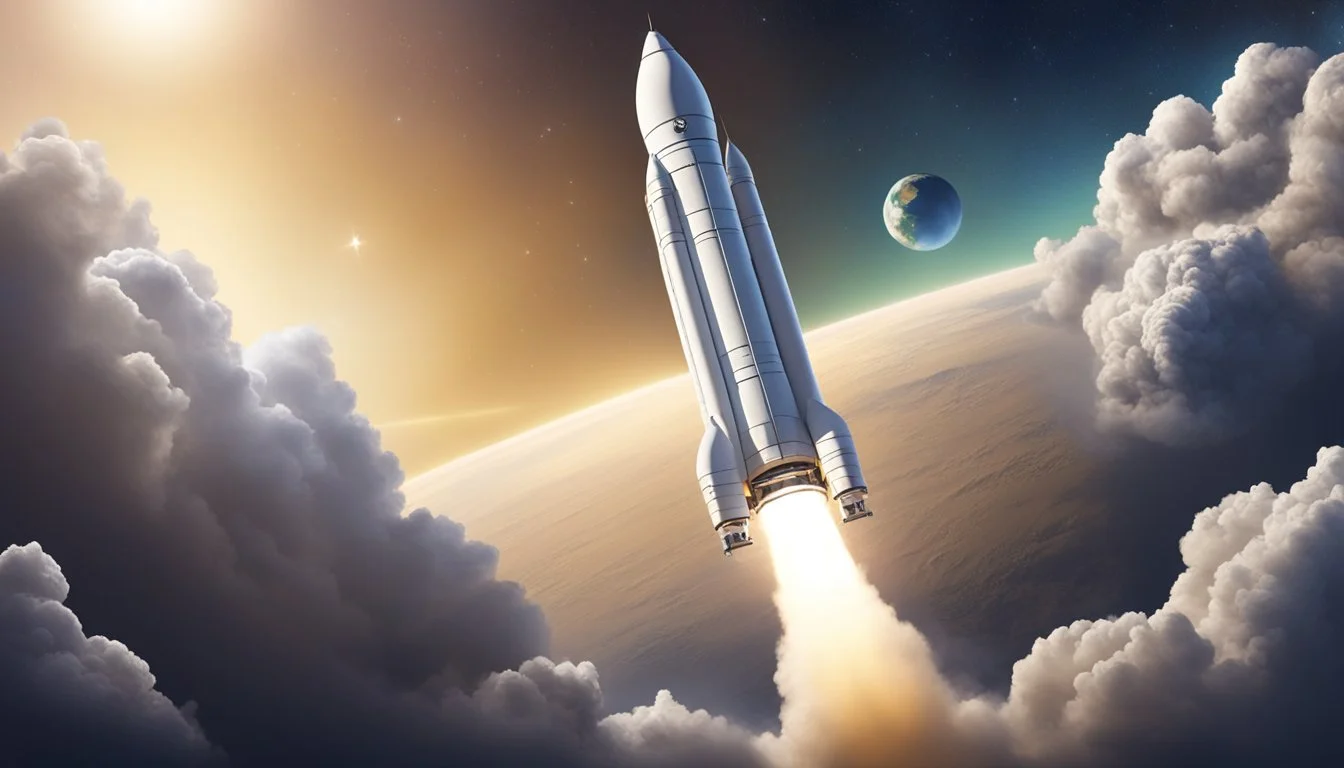
The space industry has long been synonymous with high costs and limited access, largely due to the expensive and disposable nature of traditional rockets. However, the advent of reusable rocket technology is revolutionizing space travel, making it more affordable and accessible than ever before. Pioneered by companies like SpaceX and Blue Origin, reusable rockets are paving the way for a new era of space exploration and commercialization.
Traditional rockets are designed for single-use missions, with their components typically discarded after launch. This approach results in significant waste and high costs, as new rockets must be built for each mission. In contrast, reusable rockets are engineered to return to Earth intact and be relaunched multiple times. This innovation dramatically reduces the cost per launch, making space travel more economically viable.
SpaceX, founded by Elon Musk, has been at the forefront of the reusable rocket revolution. The company's Falcon 9 and Falcon Heavy rockets are designed with reusable first-stage boosters, which are capable of landing back on Earth after launch. Since its first successful landing in 2015, SpaceX has continually improved its technology, achieving over 100 successful booster landings and reuses as of January 2025.
Key Achievements:
-
Falcon 9: The workhorse of SpaceX, Falcon 9 has become the first orbital-class rocket capable of reflight. Its reusable first stage has been successfully recovered and relaunched multiple times, significantly reducing the cost of launching payloads into orbit.
-
Falcon Heavy: As the most powerful operational rocket, Falcon Heavy features three reusable first-stage boosters. This innovation allows it to carry heavy payloads into space while maintaining cost-efficiency.
-
Starship: SpaceX's next-generation spacecraft, Starship, aims to be a fully reusable rocket system capable of carrying humans to Mars and beyond. With its reusable design, Starship promises to further lower the cost of space travel and enable ambitious missions to the Moon, Mars, and deep space.
Founded by Jeff Bezos, Blue Origin is another key player in the development of reusable rockets. The company's New Shepard and New Glenn rockets are designed with reusability in mind, aiming to make space travel more affordable and frequent.
Key Achievements:
-
New Shepard: A suborbital rocket designed for space tourism and research missions, New Shepard has achieved multiple successful launches and landings. Its fully reusable design allows for rapid turnaround between flights, reducing costs and increasing access to space.
-
New Glenn: Blue Origin's orbital-class rocket, New Glenn, features a reusable first stage designed to land back on Earth after launch. With a payload capacity of up to 50 tons to low Earth orbit, New Glenn is poised to become a major player in the commercial launch market.
The advantages of reusable rockets extend beyond cost savings. They also:
-
Increase Access to Space: Lower launch costs make space more accessible to a wider range of customers, including governments, businesses, and researchers.
-
Enhance Sustainability: Reusability reduces the environmental impact of space launches by minimizing waste and the need for new manufacturing.
-
Enable Ambitious Missions: Reduced costs and increased launch frequency allow for more ambitious missions, from lunar exploration to Mars colonization and beyond.
As SpaceX and Blue Origin continue to refine their reusable rocket technologies, the future of space travel looks increasingly bright. The lower costs and increased accessibility brought about by reusable rockets are opening up new opportunities for exploration, research, and commercial ventures. With continued innovation and investment, reusable rockets are set to play a central role in humanity's journey to the stars.
In conclusion, reusable rockets are transforming the landscape of space travel, making it more affordable and sustainable. SpaceX and Blue Origin are leading the charge, pioneering technologies that promise to unlock new possibilities for space exploration and commercialization. As we look to the future, the era of affordable and frequent space travel is rapidly becoming a reality, paving the way for a new chapter in human history.
What's Your Reaction?







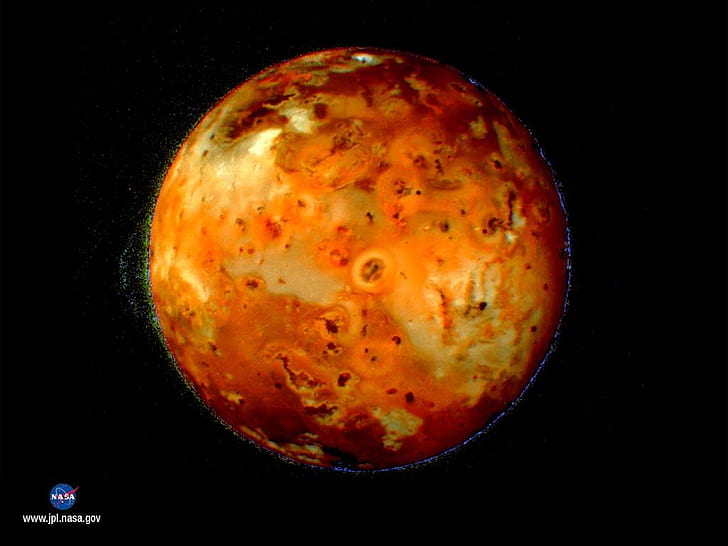

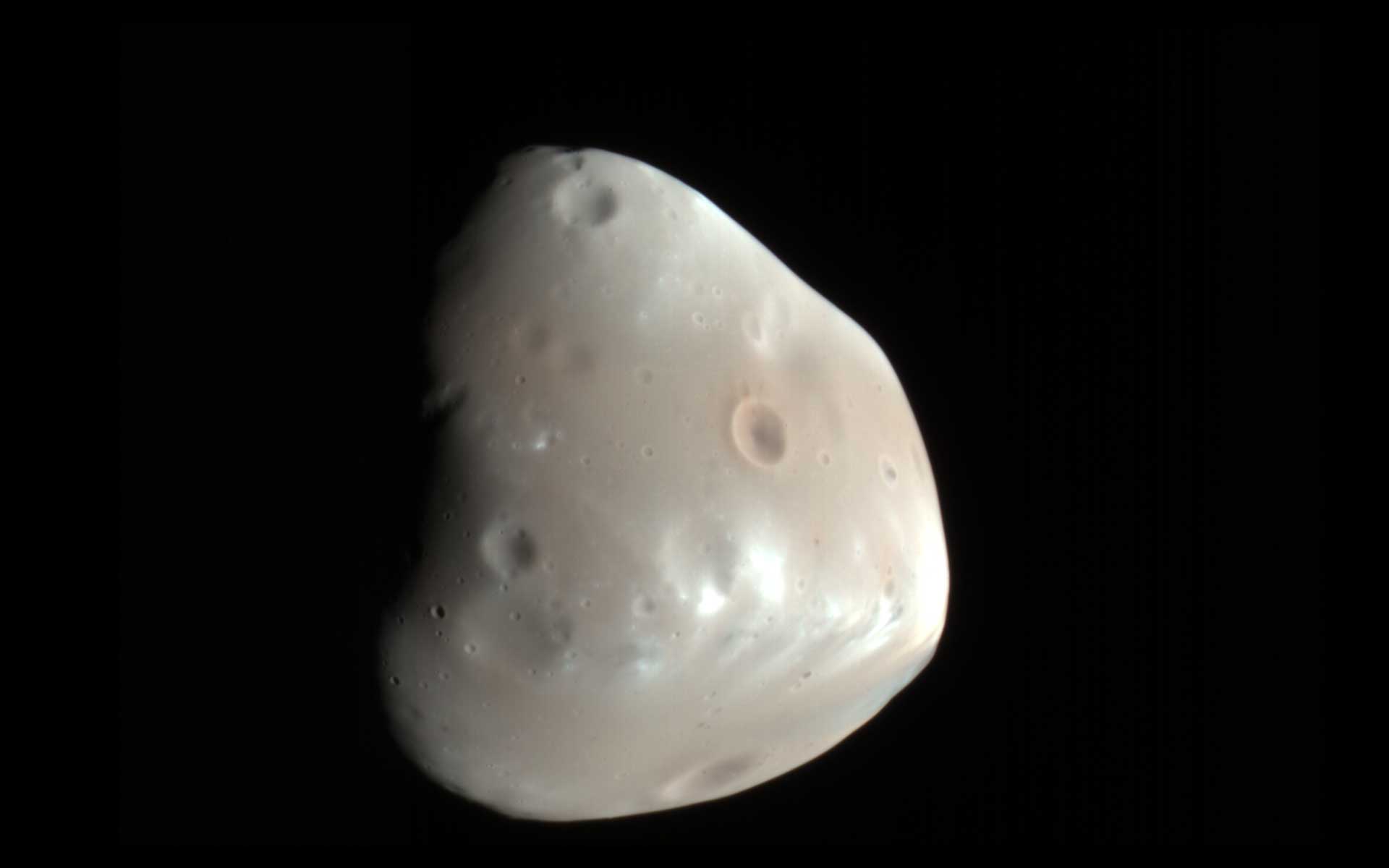
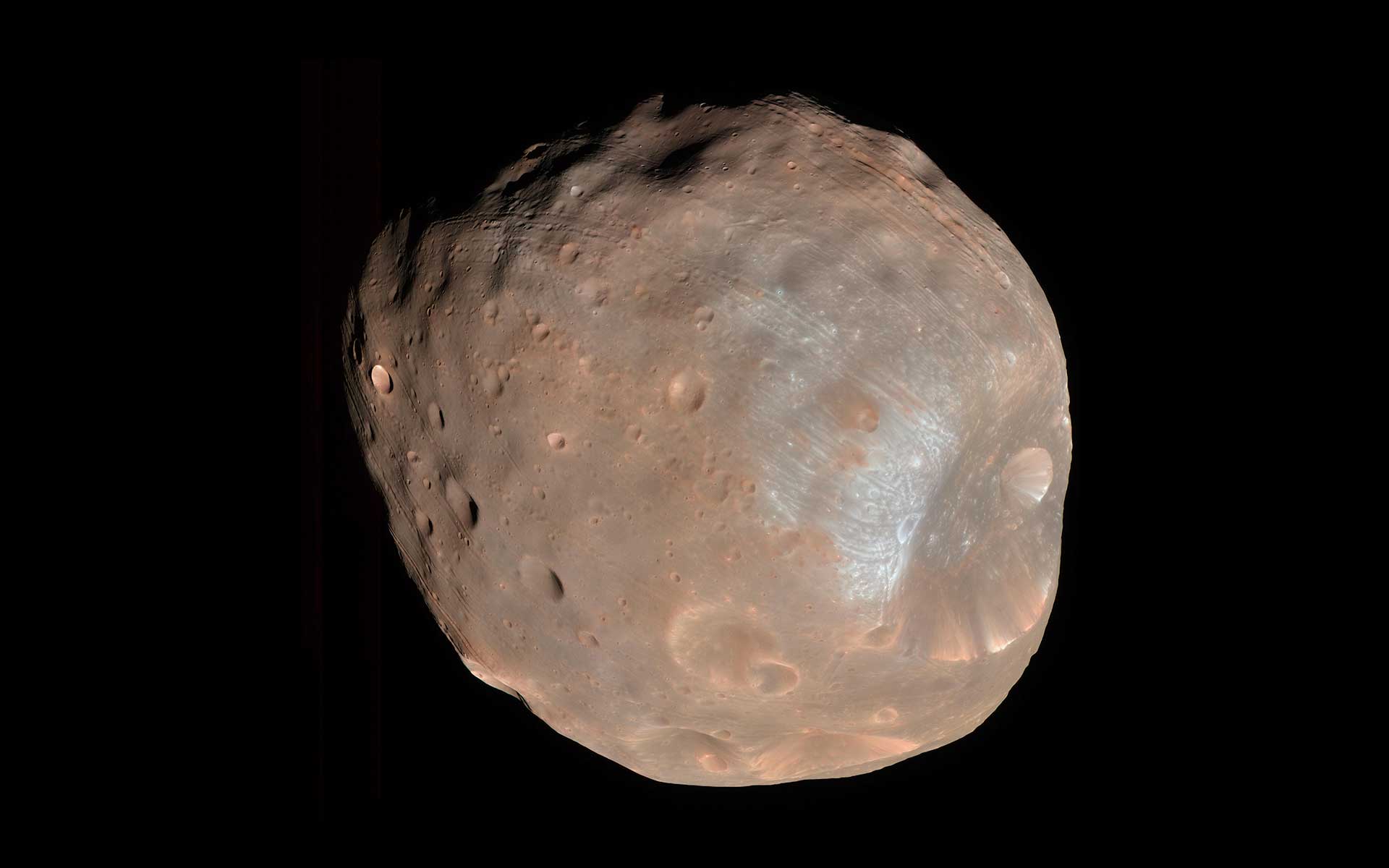



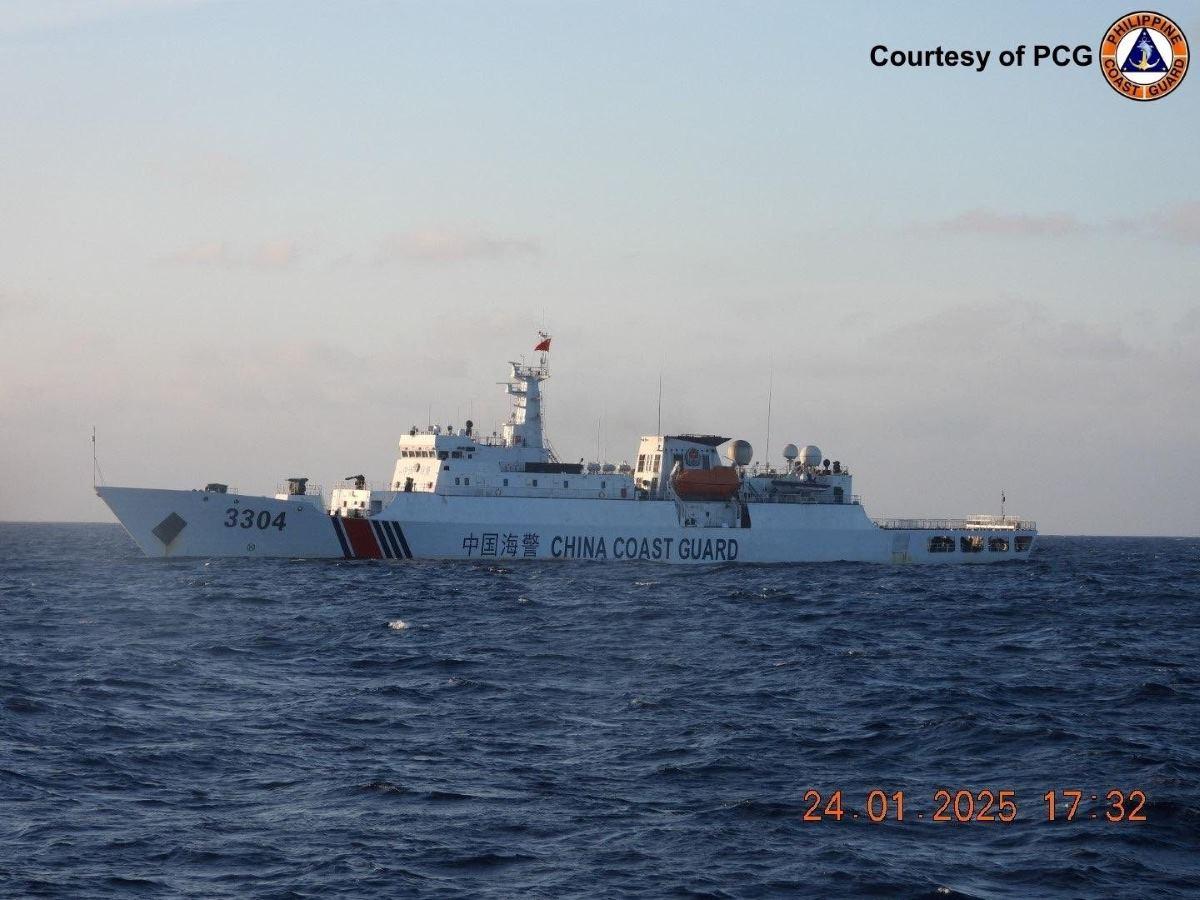
































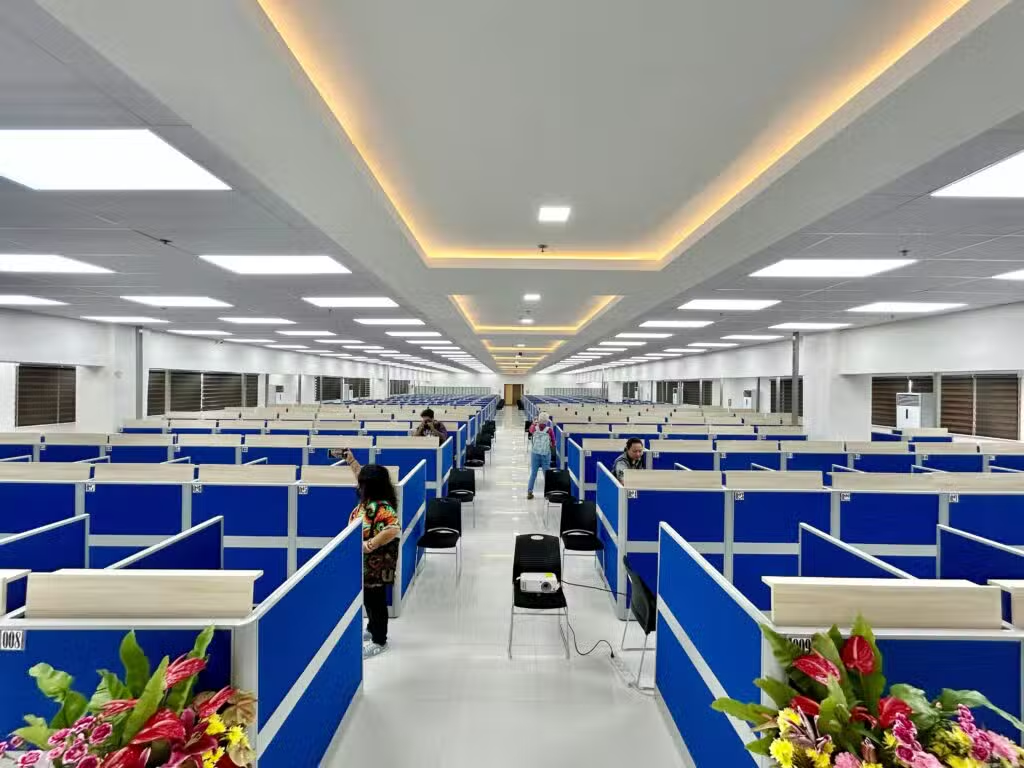











format(webp))

























